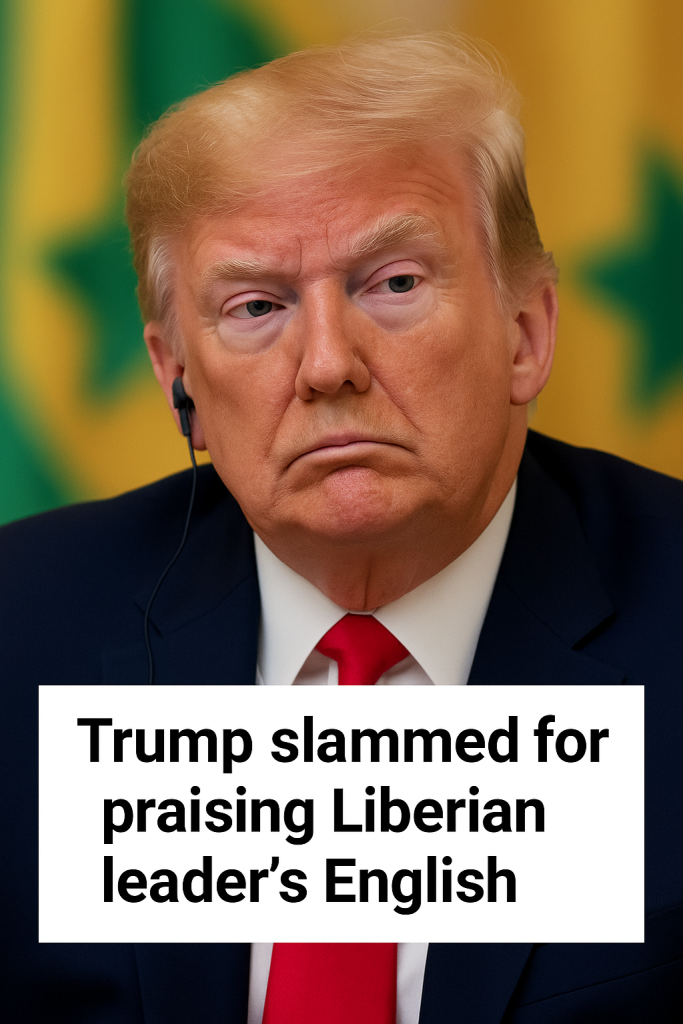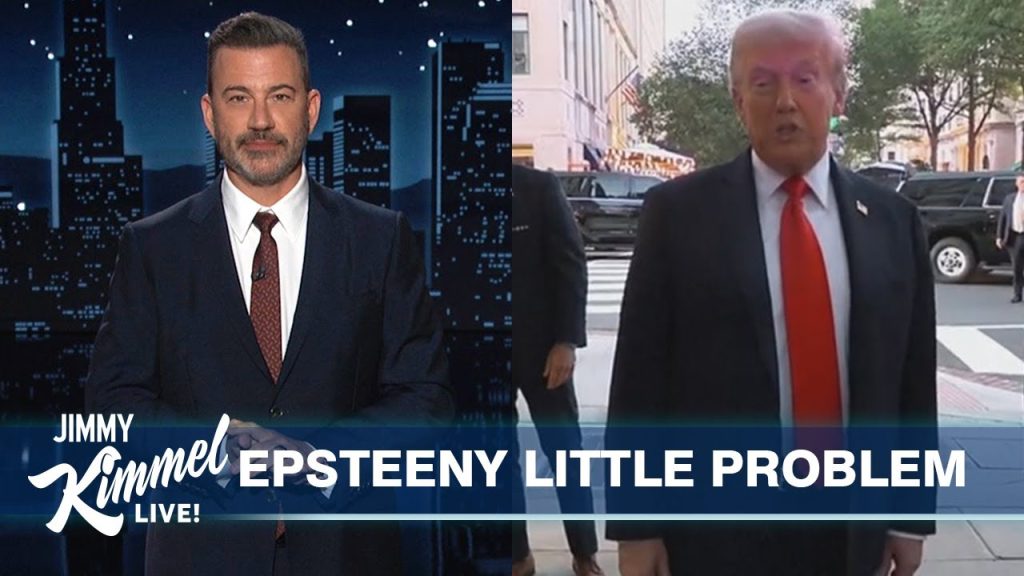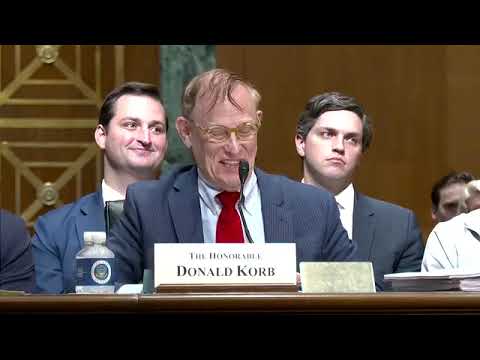US President Donald Trump has come under sharp criticism for his recent remarks praising Liberian President George Weah for speaking “such good English,” a comment that many have labeled as ignorant and culturally insensitive. The backlash stems from the fact that English is the official language of Liberia, making it the primary mode of communication across the country.
During a recent international meeting, President Trump complimented the Liberian leader, remarking on his command of the English language. However, the comment sparked swift reactions from observers, language experts, and social media users who pointed out that English is Liberia’s national and official language. This fact raised questions about the appropriateness and awareness reflected in Trump’s statement.
Liberia, founded in the early 19th century by freed American slaves, has English as its official language, used in government, education, and daily affairs. Despite the prevalence of various indigenous languages, English remains the lingua franca and a unifying factor in Liberian society. This context makes Trump’s praise of the Liberian president’s English come across as tone-deaf and dismissive of the nation’s linguistic heritage.
The incident highlighted broader conversations regarding Western assumptions about African countries and their cultural identities. Critics argue that Trump’s comment echoed outdated stereotypes that frame English proficiency in African nations as exceptional, rather than a basic norm in countries like Liberia.
Social media users quickly shared posts mocking the remark, some calling it an example of ignorance or a lack of understanding about Liberia’s history and culture. Experts underscored the importance of recognizing each nation’s linguistic realities to foster respectful international dialogue.
This is not the first time President Trump’s statements have sparked debates over cultural sensitivity, but it adds to an ongoing narrative about the need for global leaders to be better informed when addressing international counterparts. Diplomats and commentators emphasized that knowing the historical and cultural backgrounds of other countries is essential to avoid unintended offense.
In response to the criticism, some supporters of Trump suggested that the comment was meant as a compliment regarding the Liberian president’s eloquence or public speaking skills rather than a literal praise of language proficiency. However, experts contend that such nuances should be clear, especially on the global stage.
Liberian officials have not publicly responded to the comment, but the incident underscores how language can become a sensitive subject in diplomacy. It also sheds light on how language proficiency is viewed differently worldwide, depending on cultural context and history.
As discussions swirl around the incident, many hope it will encourage more careful consideration of language and cultural contexts in future international engagements. This episode serves as a reminder that understanding official languages and their significance in different countries is crucial for effective and respectful communication.
In an increasingly interconnected world, such moments highlight the ongoing challenge world leaders face in fostering mutual respect while navigating complex cultural landscapes.



